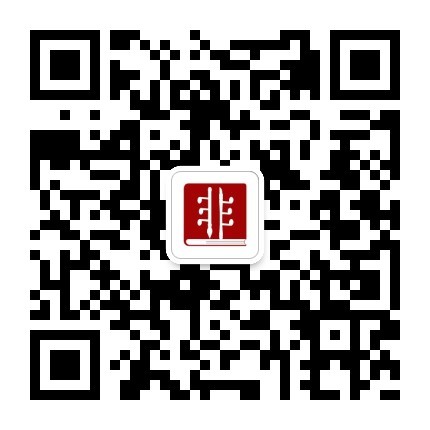【亚洲·马来西亚】马来武术 Silat(2019年)
2022-03-29 16:40
锡拉特是一种植根于马来群岛的自卫和生存的战斗艺术。追溯到朗卡苏卡王国的早期,西拉特已经发展成为一种良好的身体和精神训练实践,也包括传统的马来服装、西拉特乐器和习俗。Silat有很多风格,灵感来自人体解剖学、自然和动物的运动。例如,西拉特·哈里莫(Silat Harimau)模仿老虎自卫和攻击的艺术,采用了一种美学上有节奏的动作。仅在马来西亚,就有150多种已知的西拉特风格,其名称来源于动物和植物等自然元素。最初,马来语的西拉特是由战士们修行的——他们是高贵的正义执行者——但如今,修行者由大师、古鲁、教师和学生组成,他们负责维持这种修行。培训课程通常在晚上或晚上在一个开放的空间进行,如庭院,由大师和“Jurukaka”带领。培训和培养了大量从业人员,并在各个地区建立了越来越多的培训中心。随着传播速度的加快,这种练习已经越来越超越武术的地位,成为一种表演艺术;因此,它现在是一项健康和休闲的流行运动。
2019年度列入人类非物质文化遗产名录。
来源:联合国教科文组织亚太地区非物质文化遗产国际培训中心
Silat is a combative art of self-defence and survival rooted in the Malay Archipelago. Traced back to the early days of the Langkasuka Kingdom, Silat has evolved into a fine practice of physical and spiritual training also encompassing traditional Malay attire, Silat musical instruments and customs. There are many styles of Silat, inspired by the movements of human anatomy, nature and animals. For example, Silat Harimau involves an aesthetic rhythmic motion imitating the art of self-defence and attack of the tiger. In Malaysia alone, there are more than 150 known Silat styles whose names derive from natural elements such as animals and plants. Originally, Malay Silat was practised by warriors – as noble enforcers of justice – but nowadays practitioners consist of masters, gurus, teachers and students, who are responsible for maintaining the practice. Training sessions usually take place in the evening or at night in an open space such as a courtyard, led by the Master and ‘Jurukaka’. A large number of practitioners have been trained and nurtured, and an increasing number of training centres have been established in various regions. With this accelerated dissemination, the practice has increasingly transcended its status as a martial art to become a performing art; consequently, it is now a popular sport for health and leisure.
Included in the list of human intangible cultural heritage in 2019.
Source: UNESCO International Training Center for intangible cultural heritage in the Asia Pacific Region

